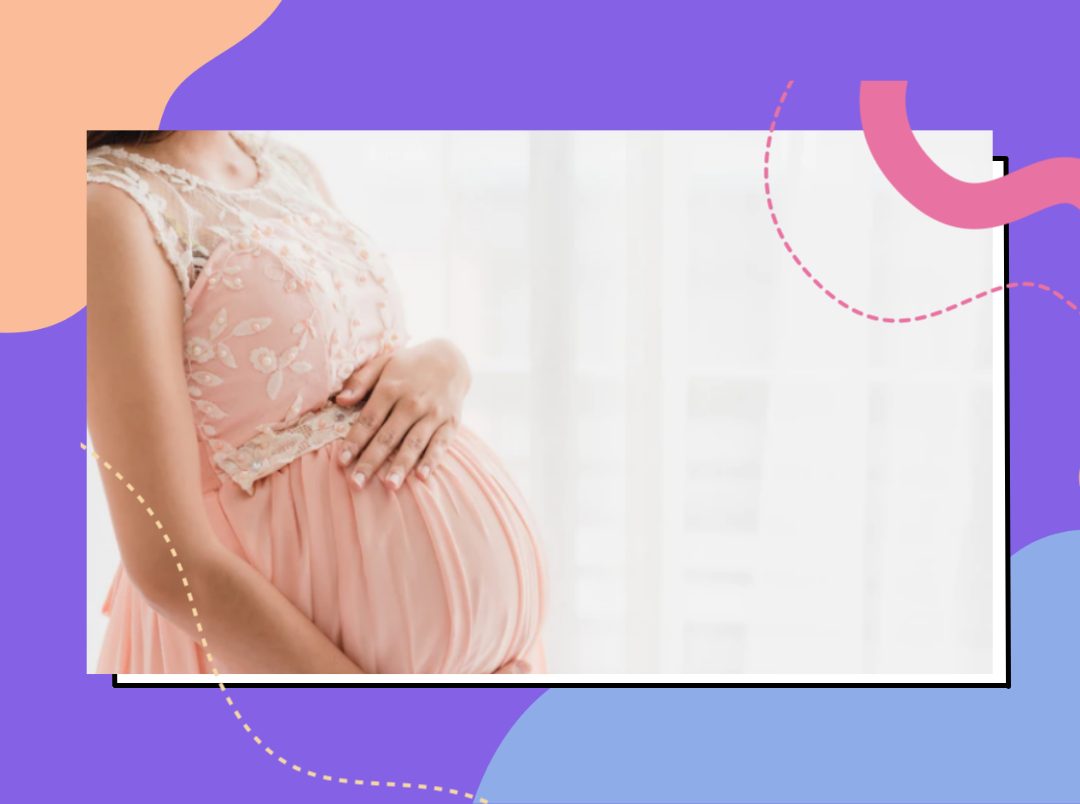
The happiness of becoming a new mum is unparalleled. After giving birth, you may find it hard to focus on anything besides your little one. In fact, you may become busy feeding them, changing their diapers, and rocking them to sleep and pretty much spending the entire day glued together.
While spending time with your baby may make you forget everything else, there is one thing that you won’t be able to ignore—your postpartum body. You will experience some uncomfortable physical changes after childbirth including perennial pain, constipation, and loss of bladder control, which is more commonly known as postpartum urinary incontinence.
Although it’s a common postpartum symptom, this condition can be quite frustrating and embarrassing for mums. But if you are managing postpartum urinary incontinence, try not to worry so much. There are several treatment methods that will help you regain control of your postpartum bladder.
What Is Postpartum Urinary Incontinence
Postpartum urinary incontinence is the involuntary partial or full release of the bladder after childbirth. You may experience loss of bladder control while laughing, performing physical activities like running or jumping, and during forceful movements such as sneezing and coughing. Also, if you peed your pants regularly during pregnancy, you are most likely to have problems with bladder control after pregnancy.
But this is not unusual. According to a study conducted in 2004, postpartum urinary incontinence affects nearly half of all pregnancies, which means its also manageable once diagnosed properly.
The Different Types Of Urinary Incontinence
According to the American College of Obstetricians and Gynaecologists, there are three types of urinary incontinence, namely:
- Stress incontinence: Occurs due to pressure formed in the bladder. You may experience urine leakage while laughing, coughing, or physical movements such as jogging, jumping, and rigorous exercises.
- Urgency urinary incontinence: This happens when there is a sudden and uncontrollable urge to urinate, resulting in bladder leakage on the way to the washroom.
- Mixed incontinence: This condition is a mix of both stress and urgency urinary incontinence.
While stress incontinence is what most women experience after childbirth, urgency and mixed incontinence are also common during postpartum.
What Are The Causes Of Postpartum Urinary Incontinence
Instead of singling out one cause, experts believe that postpartum urinary incontinence is linked to several factors, including genetics and how you deliver. For instance, women who deliver vaginally are more likely to have urinary incontinence than those delivering their baby via a C-section.
Nevertheless, you can experience postpartum incontinence, if you:
- Gave birth to multiples (twins, triplets, etc)
- Had a forceps delivery
- Experienced incontinence during pregnancy or before
- Are overweight
- Had a vacuum-assisted delivery
- Had a pelvic floor injury during childbirth
8 Helpful Tips For Dealing With Postpartum Urinary Incontinence
It can take a few weeks or even months for you to regain your urinary bladder control. The good news is that there are several helpful tips that can help speed up your recovery process. Here are eight ways to help with bladder control management after childbirth.
- Practice Kegels: Kegel exercises can strengthen your pelvic floor muscles both during pregnancy and postpartum. It can also prevent the risk of an injury during childbirth. Try to practice at least 2-3 sets of kegel exercises every day, holding each squeeze for about 10 seconds while standing.
- Increase your fibre intake: During postpartum, you may experience constipation. This can add pressure to your bladder causing leakage. To avoid that, consume a diet containing fibre-rich fruits and veggies such as beetroots, avocados, berries, and apples.
- Avoid citrus foods, caffeine, and alcohol: These foods and beverages can irritate your bladder and make it all the more challenging to control your urine. Therefore, try to avoid these foods, and consult your doctor before including them in your diet.
- Invest in bladder control pads: Bladder control pads are must-have incontinence supplies that help absorb urine leakage. Unlike bulky briefs, bladder control pads are much smaller and designed with highly-absorbent materials. They are similar to menstrual pads and are easy to change and carry in your bag.
- Stay hydrated: You might feel the urge to cut back on water if you are facing urinary incontinence postpartum. However, inadequate hydration can make you vulnerable to urinary tract infections (UTIs) and dehydration. Make sure to drink at least eight glasses of water every day.
- Maintain a healthy weight: No. This doesn’t mean that you start a rigorous weight loss workout plan right after birth. Just try to maintain a healthy weight as it will help relieve pressure from your bladder and prevent urine leakage.
- Avoid putting pressure on your abdomen: Make sure that you are not indulging in any activities that put additional pressure on your abdomen. Refrain from lifting heavy weights, abdominal exercises, and running or jumping to reduce stress on the abdomen and prevent leakage.
- Train your bladder: When all methods fall short, you should practice by training your bladder. Urinate every 30 minutes (even before you have the urge), and then gradually extend the duration between your washroom trips. This practice will help train your bladder and you will notice urinating in normal intervals, i.e, every three to four hours during the day and four to eight hours at night.
Postpartum urinary incontinence is a very frustrating condition, but try not to freak out. Consult your doctor immediately if you notice urine leakage after childbirth. They will determine the right treatment method that will help you regain your bladder control in no time.